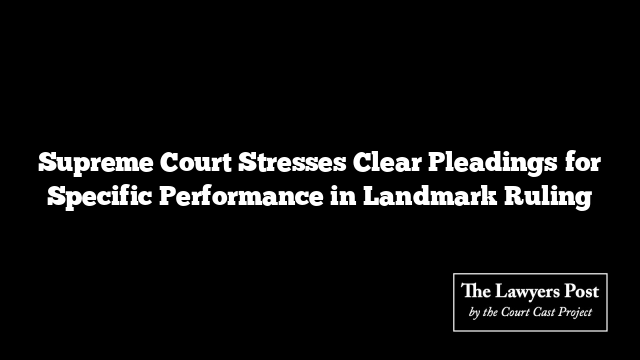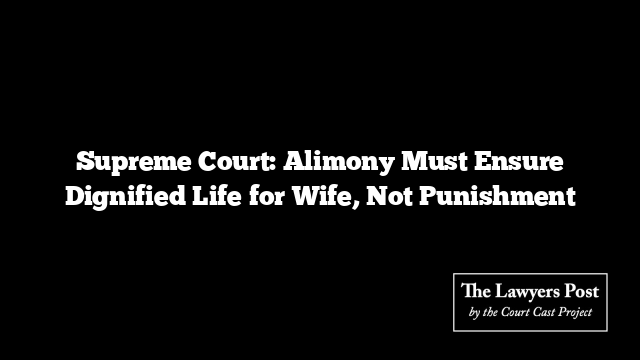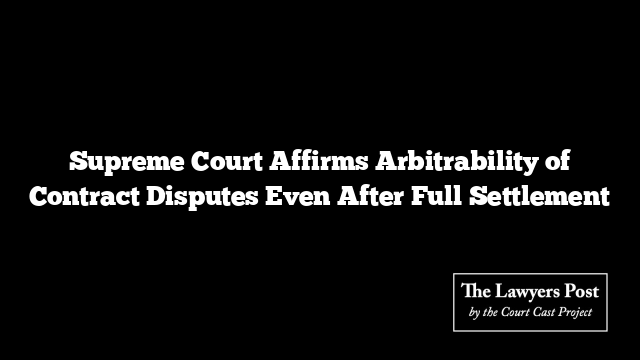In a recent pivotal decision, the Supreme Court underscored the necessity for plaintiffs to provide precise and unambiguous pleadings in suits for specific performance of a contract. The Court emphasized that such pleadings must be supported by substantial evidence, reaffirming the stringent requirements set by Section 16(C) of the Specific Relief Act, 1963.
A bench comprising Justice Vikram Nath and Justice Prashant Kumar Mishra articulated that the relief of specific performance is discretionary, necessitating meticulous scrutiny of the plaintiff’s pleadings and evidence. The Court dismissed a suit under the Specific Relief Act, 1963, due to insufficient pleadings and evidence, reversing decisions made by the trial court and the High Court.
The plaintiffs, Sasikala and K. Satyanarayana, had entered into an agreement with the defendants, Muni Venkata Reddy and his four sons, on May 24, 1981, for the sale of a property in Bangalore. The total sale consideration was Rs. 29,000, with an advance of Rs. 12,000 paid initially. The plaintiffs claimed an additional Rs. 2,000 was paid later, which the defendants denied. The agreement fell through when the plaintiffs failed to execute the sale deed within the stipulated time, leading the defendants to sell parts of the property to other parties.
Despite the trial court decreeing the suit for specific performance and the High Court upholding this decision, the Supreme Court found that the plaintiffs failed to demonstrate readiness and willingness to perform their obligations. The Court noted the lack of specific pleadings regarding alleged government restrictions on the registration of the sale deed and criticized the plaintiffs for not responding to the defendants’ communications or tendering the balance sale consideration.
Highlighting the plaintiffs’ conduct, the Court observed that their actions suggested an intent to profit as middlemen rather than genuine purchasers. Consequently, the Supreme Court allowed the defendants’ appeal, setting aside the impugned order and dismissing the suit. However, in a gesture to adjust equities, the Court directed the defendants to compensate the plaintiffs with Rs. 24 lakhs for the advance payment and Rs. 6 lakhs for litigation costs, to be paid within three months.





